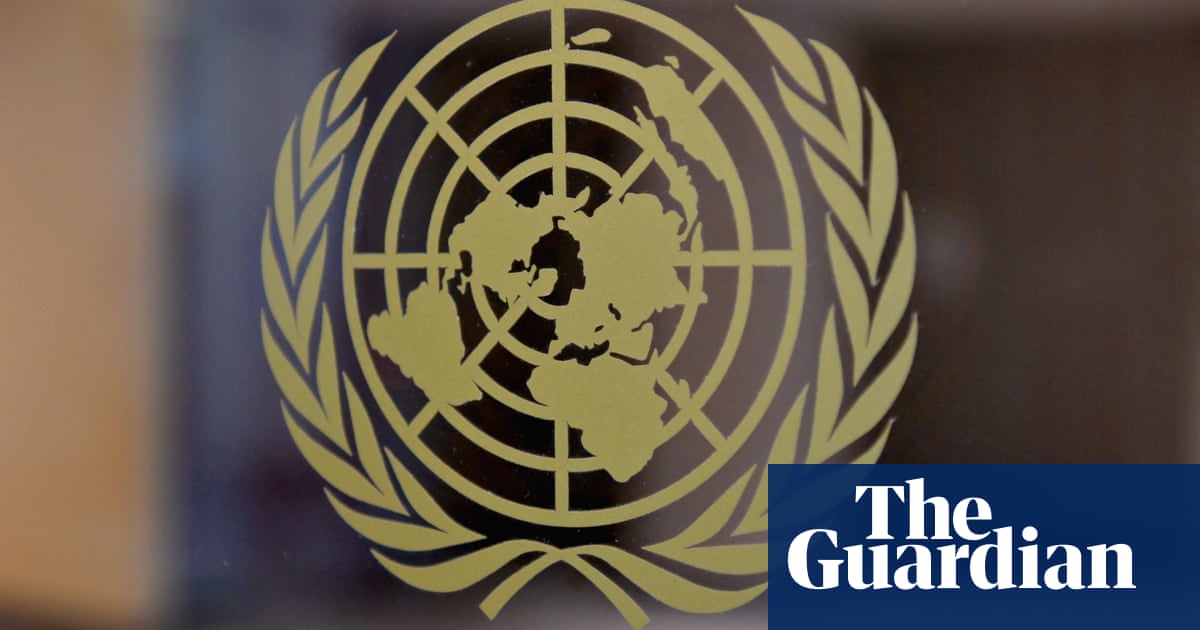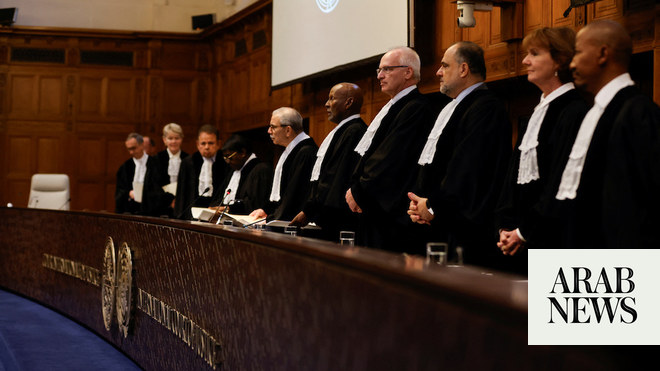
More than 100 Israeli and international civil society organisations have asked the United Nations to reject a controversial definition of antisemitism because it is being “misused” to protect Israel from legitimate criticism.
The groups have written to the UN secretary general, António Guterres, saying he should resist pressure from Israel to adopt the International Holocaust Remembrance Alliance (IHRA) “working definition of antisemitism”. The definition has been accepted by the US state department, several European governments including the UK and Germany, and EU bodies after strong lobbying by pro-Israel groups and others.
“Adoption of the definition by governments and institutions is often framed as an essential step in efforts to combat antisemitism. In practice, however, the IHRA definition has often been used to wrongly label criticism of Israel as antisemitic, and thus chill and sometimes suppress, non-violent protest, activism and speech critical of Israel and/or Zionism, including in the US and Europe,” the letter said.
Signatories include Israel’s largest human rights group, B’Tselem, Human Rights Watch, Amnesty International, the American Civil Liberties Union, and Israeli and Palestinian civil society groups.
Some of the signatories are concerned that if Guterres formally adopts the IHRA definition it will be used to curb criticisms of Israeli policies by UN bodies including the special rapporteur for the occupied territories.
The letter notes that application of the definition has been widely criticised including by Ken Stern who, as the American Jewish Committee’s antisemitism expert, led its drafting two decades ago. Earlier this year, Stern successfully urged the American Bar Association against adopting the definition because it has been used as “a blunt instrument to label anyone an antisemite”.
The letter to Guterres said the problem lies with seven of the 11 “contemporary examples of antisemitism” attached to the definition to guide its application. These include “claiming that the existence of a State of Israel is a racist endeavour” and “applying double standards by requiring of [Israel] a behavior not expected or demanded of any other democratic nation”.
The letter said the first example can be used to suppress claims that Israel is breaching international laws against apartheid and is violating conventions to end racial discrimination. Amnesty International and Human Rights Watch have both been accused of antisemitism under the IHRA definition over detailed reports saying that Israel practises a form of apartheid, an accusation also levelled by Israeli human rights groups.
“The example on ‘applying double standards’ opens the door to labeling as antisemitic anyone who focuses on Israeli abuses as long as worse abuses are deemed to be occurring elsewhere,” the letter said.
“By that logic, a person dedicated to defending the rights of Tibetans could be accused of anti-Chinese racism, or a group dedicated to promoting democracy and minority rights in Saudi Arabia could be accused of Islamophobia.”
The groups say the IHRA definition has been used “to muzzle legitimate speech and activism by critics of Israel’s human rights record and advocates for Palestinian rights”.
“The targets of accusations of antisemitism based on the IHRA definition have included university students and professors, grassroots organizers, human rights and civil rights organizations, humanitarian groups and members of the US Congress, who either document or criticize Israeli policies and who speak in favor of Palestinian human rights,” it said.
“If the UN endorses the IHRA definition in any shape or form, UN officials working on issues related to Israel and Palestine may find themselves unjustly accused of antisemitism based on the IHRA definition.”
The definition has been widely adopted amid lobbying by groups such as the Anti-Defamation League in the US and the Board of Deputies of British Jews in the UK. But criticism has grown over the years.
In 2017, Stern told the US Congress that there was a double standard in the application of the IHRA definition because there are pro-Israel groups that freely deny the Palestinian people their right to self-determination and the right of Palestine to exist.
More than 350 scholars of antisemitism, Holocaust studies and Jewish studies drew up the alternative Jerusalem Declaration on Antisemitism because its signatories said the lack of clarity in the IHRA definition “has caused confusion and generated controversy, hence weakening the fight against antisemitism”.












